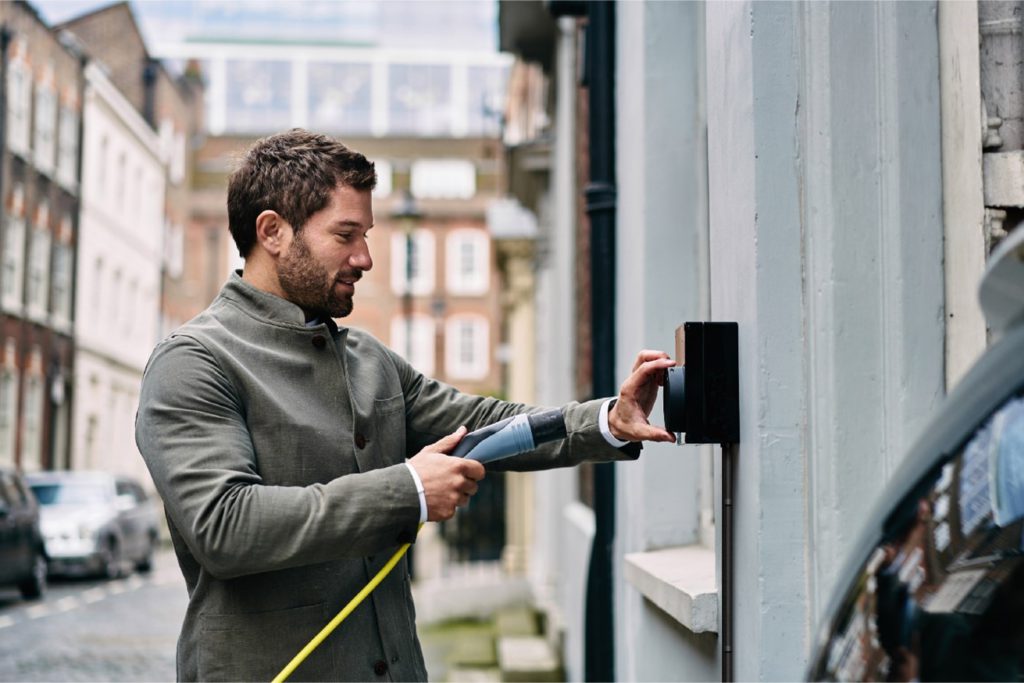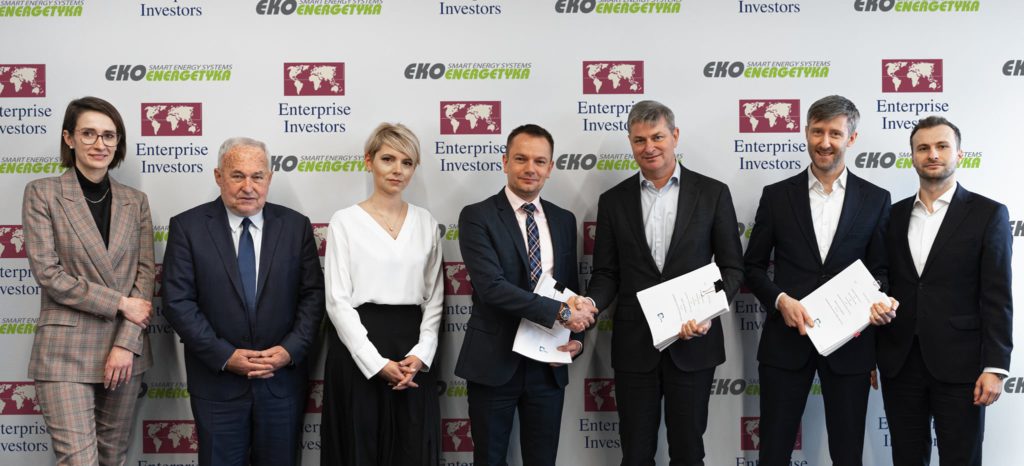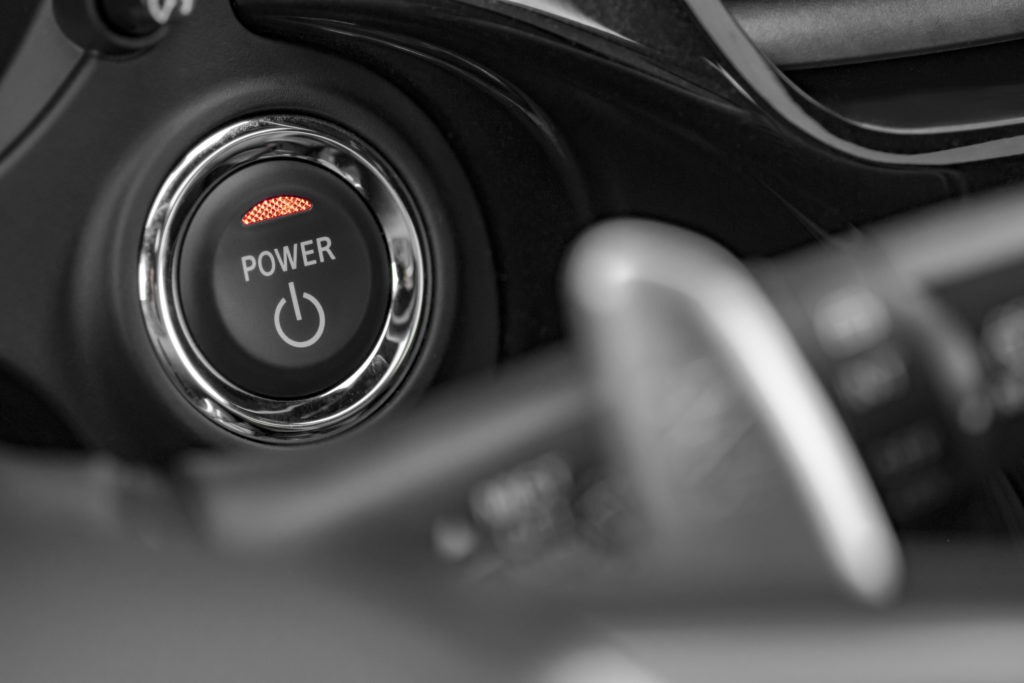This week’s automotive headlines – 22 January 2022
22 January 2022

Autovista24 looks back at some of the headlines from the last seven days, including Stellantis’ CEO cautions against the EU’s electromobility strategy, an off-road concept is brought forward by Lexus, Hyundai works on quantum computing, a partnership between Ford and ADT aims to prevent theft from vehicles, the ultra-fast charging stations roll-out in South Africa.
Stellantis’ Tavares says EVs come with risks
Stellantis CEO Carlos Tavares has cautioned the European Commission’s push towards electromobility. ‘What is clear is that electrification is a technology chosen by politicians, not by industry,’ he told Les Echos, Handelsblatt, Corriere della Sera and El Mundo. Tavares said that given the current European energy mix, a battery-electric vehicle (BEV) needs to drive 70,000km to make up for the carbon generated during battery production. Even with the company pledging €30 billion to electrification, its CEO indicated that there were cheaper and faster means of reducing carbon emissions. Not unlike competitor Toyota, Tavares looks to have a preference for hybrids, which he claimed can be more cost effective. This was visible at CES 2022, as Stellantis displayed plug-in hybrids (PHEVs) like the Jeep Wrangler 4xe and the Grand Cherokee 4xe, alongside the Chrysler Airflow and Citroen Ami BEVs. But PHEVs will need to combat criticism from the likes of environmental and consumer groups which highlighted unrealistic efficiency figures.
Lexus off-road concept uses hydrogen-engine technology

A new concept vehicle developed by Lexus uses hydrogen as a fuel, rather than to generate electricity via a fuel-cell. The ROV (recreational off-road vehicle) features a compact body that brings the driver closer to nature. It features a rugged pipe frame and a lightweight, compact body. It is fitted with a protective cage suitable for any off-road environment and a front grille to protect occupants. Yet it is the powertrain that catches the eye. The ROV is Lexus’ first hydrogen-engine model. Compressed hydrogen fuel is stored in a high-pressure tank and introduced into the engine using direct injection. The result is an environmentally-efficient engine that produces high-response torque from rapid combustion. With engine oil consumption kept to a minimum, there are virtually no CO2 emissions when driving. Lexus’ parent company, Toyota, has been developing hydrogen engines alongside its work on fuel cells, revealing an experimental GR Yaris model with the technology at the end of last year.
Ford and ADT to focus on security cameras
Ford will invest in a new joint venture (JV) called Canopy. It will unite ADT’s security monitoring and the carmaker’s AI camera capabilities, launching a multi-sensor security system early next year in the US and the UK. The focus will be commercial and personal vehicles like the Transit van and the Ford F-150. Canopy will also eventually look to other carmakers, hoping to introduce factory-based integrations. The first system will make use of acoustic sensors, onboard cameras, radar, LTE, and GPS. A camera mounted in the cargo area uses AI technology to identify and report credible threats. Using an app, customers will be able to receive AI-screened warnings, livestream video, and inform thieves they are being monitored.
Audi invests in South African ultra-fast charging project
Audi has teamed up with GridCars in South Africa to install ultra-fast charging stations across the country. The company said it is the first EV brand to invest in this technology through publicly accessible sites there. The charge points will provide up to 150kW of direct-current (DC). The carmaker plans to set up 70 new EV connectors across 33 sites, helping expand the existing public network in South Africa. Construction kicked off in December 2021, with Audi continuing to invest in its charging investment project throughout 2022. ‘As we prepare for the arrival of our e-tron range, we understand that there is more to be done as an automotive brand than simply providing the product, we also have to enable and partner with those who can empower the transition to an electric future with ease and understanding,’ said Sascha Sauer, managing director of Audi South Africa. ‘Our public chargers are new, and incremental to the current EV charging network in South Africa.’
Hyundai partners with quantum computing firm to develop battery models

Hyundai Motor Company has partnered with IonQ to develop new variational quantum eigensolver (VQE) algorithms to study lithium compounds and their chemical reactions involved in battery chemistry. These simulations are expected to significantly enhance the quality of next-generation lithium batteries, by making improvements to charge and discharge cycles, as well as their durability, capacity, and safety. The partnership will create the most advanced battery-chemistry model yet developed on quantum computers. This research could lead to new types of source material that save time, cost and effort in the coming years. Battery prices and the cost of EVs could therefore come down. The collaboration is a crucial component of Hyundai’s Strategy 2025 goals, according to the carmaker. It aims to sell 560,000 EVs per year and introduce more than 12 BEV models to consumers.
E-mobility startup ChargeX raises €4.5 million
Munich-based e-mobility startup ChargeX has raised €4.5 million in a series A financing round. The company was able to win over new investors, including BonVenture, Hevella Capital, and Energy 360°. The startup plans to expand to other European countries with the fresh capital and pour money into its product and digital services. It produces a multiple socket for EVs, planning to also focus on its so-called ‘Drop App’, which offers services centred on power availability. ‘The bottleneck in the charging infrastructure does not lie in demand, but in the skills shortage for electricians and the capacities of our power grid. We, at ChargeX, are completely rethinking areas and are planning to solve the problems with the new investors on our side,’ said Tobias Wagner, CEO and co-founder of ChargeX. Since its launch in 2018, the company has installed more than 1,500 charging points in Germany, Austria, and Switzerland. It says that due to a special installation concept, the Chargex multiple socket can be installed quickly and inexpensively.



